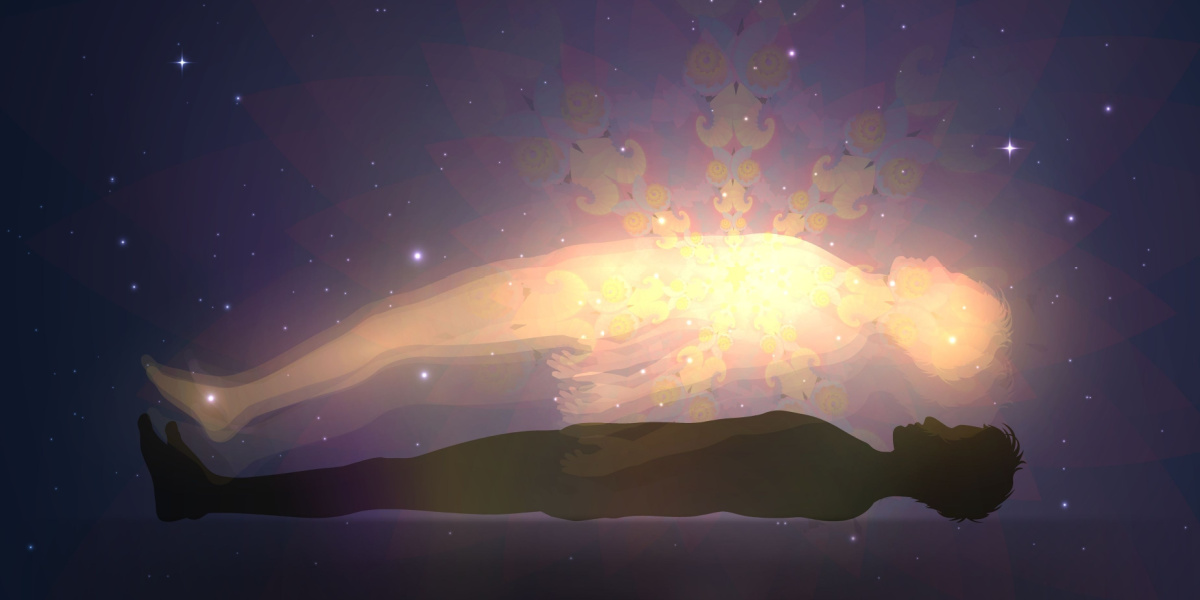Psilocybin mushrooms’ effects on sleep are not fully understood, though there is an evident interaction. This article explores how psilocybin may both improve and decrease sleep quality and quantity, answering the question, and the brain and body mechanisms that might bring about these effects.
Key Takeaways:
- Psychedelic mushrooms can affect sleep differently due to unpredictable interactions between the substance and the brain. Even the same neural mechanisms, such as the substance's interaction with serotonin or the default mode network (DMN), can bring about opposite effects. Many of the factors that affect its interaction are still unknown.
- Some individuals report experiencing a state of relaxation, a sharpened state of awareness, or an alleviation of symptoms connected to anxiety, PTSD, or depression while taking shrooms, allowing faster sleep initiation, longer sleep duration, and more deep sleep.
- Other individuals also report experiencing hyperactivity while on shrooms such as increased heart rate and blood pressure, as well as vivid dreams. These experiences can delay sleep onset or disrupt sleep continuity.

Psychedelics and sleep
The relationship between psychedelics and sleep is not straightforward. Psychedelics like psilocybin and LSD may refine sleep quality by enhancing deep sleep duration, decreasing insomnia episodes, and promoting faster sleep onset. However, psychedelics and hallucinogens are also linked to decreased sleep quality, creating sleep disturbances and vivid dreams.
These contradictory effects result from psychedelics’ unpredictable nature and interactions within the central nervous system. While some individuals experience calmness, increased relaxation, and lucidity, others may experience anxiety, paranoia, and manic or depressive episodes.
The following may influence how psychedelic substances affect the brain and, consequently, sleep.
- Preexisting mental health conditions
- The dosage taken
- Previous drug experience
- Taking psychedelics with other drugs
Can psilocybin improve sleep?
This question does not have a clear answer because the scientific community does not understand yet why some individuals may experience improved sleep on psilocybin while others may not.
The following are reported effects of psilocybin (and consequently, mushrooms) on the body that may lead to better sleep quality.
- Psilocybin interacts with neural serotonin receptors, the most prominent of which is the 5-HT2A receptor.[1] These receptors regulate mood and sleep, and binding to them allows psilocybin to induce a state of calmness, which improves sleep.
- Clinical trials suggest that psilocybin therapy may alleviate headaches, anxiety, post-traumatic stress disorder (PTSD), depression,[2] and other substance abuse, all of which diminish sleep quality and quantity. There is plenty of anecdotal evidence regarding a sharpened state of mindfulness and awareness after taking psychedelics such as shrooms.[3] This state promotes relaxation and mental clarity, thus allowing faster sleep initiation, longer sleep duration, and more deep sleep.
Can psilocybin make sleep worse?
Yes, psilocybin may also impair sleep quality and quantity, delaying sleep onset, increasing sleep restlessness, reducing sleep duration, and causing episodes of wakefulness.[4]
The following are some ways by which psilocybin affects the body, and subsequently, impairs sleep quality.
- Certain individuals may experience anxiety and hyperactivity after taking psilocybin.[5] This substance may also affect heart rate, blood pressure, and body temperature, causing sleep discomfort or agitation.[6] These combined mental and physical manifestations delay sleep onset and disrupt sleep continuity.
- Additionally, psilocybin may cause vivid and disturbing dreams that lead to sleep fragmentation and, consequently, lower sleep quality. The mechanism for this interaction is similar to that of psilocybin causing ego dissolution, also known as ego death.[7]
- Lastly, psilocybin may suppress rapid eye movement (REM) sleep and prolong REM latency. Because REM is an essential sleep phase for cognitive restoration, decreasing its duration and postponing its onset could negatively affect memory consolidation and cognitive function.
Long-term effects of psilocybin on sleep
One way psilocybin might produce long-term effects on sleep is by disrupting normal sleep-wake patterns, causing difficulties in sleep timing. Individuals might experience difficulty falling asleep at their standard bedtime or experience day drowsiness. These disruptions in circadian rhythms entail a reduction in sleep quality and quantity.
If psilocybin is used frequently or in high doses to induce sleep, individuals might develop a dependence on the substance for sleep initiation. This addiction is likely to disrupt natural sleep processes and plummet sleep quality.
Understanding the impact of psilocybin mushrooms on the brain
To understand the effects of psilocybin mushrooms on sleep, we must analyze how this substance acts inside the brain.
Interaction with serotonin: Mood regulation
Psilocybin and other psychedelics, like most drugs, act on receptors for serotonin, a neurotransmitter responsible for regulating appetite, mood, and sleep.[1] In some cases, increasing neural serotonin levels may lead to increased calmness, which is connected to better sleep quality and faster sleep onset, with fewer insomnia episodes.
However, there are no guarantees as to the effects resulting from the interaction of psilocybin with serotonin. Although the mechanism is the same, individuals may experience contradictory results, where an excess of serotonin in the nervous system may lead to anxiety and mania.
Interaction with the DMN: Altered states of consciousness
Psychedelics like psilocybin interact with the brain’s default mode network (DMN),[8] which becomes active when individuals are in a resting state or devoid of attention-demanding tasks. The DMN may be involved in thought and emotion regulation, with recent research tying it to feelings of ego dissolution. In this altered state of consciousness, individuals perceive their sense of self as altered or dissolved. This meditative state is connected to fewer periods of shallow, restless sleep.
Conversely, the fact that psilocybin determines altered states of consciousness does not guarantee a tranquil experience. For example, heightened activity in the DMN is associated with maladaptive rumination, which can contribute to anxiety, mania, and restlessness, affecting sleep onset, quality, and duration. [9]

-blog-detail.jpg?v=1722513257)
-blog-detail.jpg?v=1722513598)
